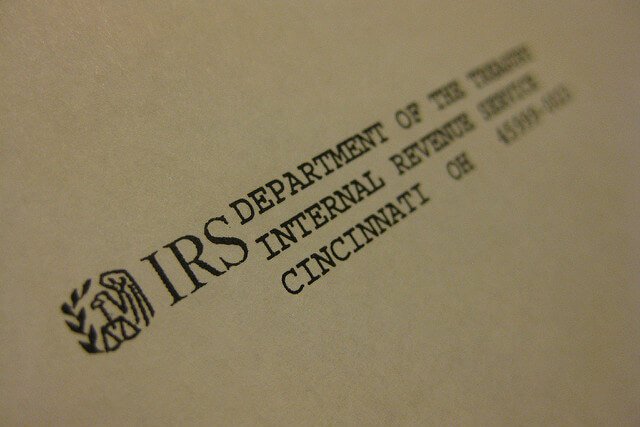A software tool helps the IRS identify people who hide their wealth, making some bitcoin owners uneasy as they lose their anonymity.
Anonymity is considered to be one of the major benefits offered by digital currency techs today. This may mean a lot for its users enabling them to move money around the world without revealing who they are. Nevertheless, in reality, bitcoin, the king of crypto currencies, is less secret than people actually think.
It turned out, that Internal Revenue Service (IRS), purchased specialist software to track those using bitcoin, and has been using it since 2015.
According to a contract unearthed by the Daily Beast, the IRS is paying a company called Chainalysis to help identify the owners of digital “wallets” and to unmask bitcoin users who have failed to report profits. FYI, the software is also used by Barclays’ financial crime and transaction monitoring teams to obtain information from the blockchain about their customer’s financial transactions.
The document highlights how law enforcement isn’t only concerned with criminals accumulating bitcoin from selling drugs or hacking targets, but also those who use the currency to hide wealth or avoid paying taxes.
The decision by the IRS to license the software of Chainalysis appears to be part of the agency’s larger campaign to target digital currency users who have failed to pay tax.
“The purpose of this acquisition is… to help us trace the movement of money through the bitcoin economy,” – a section of the contract reads.
As was reported earlier, the IRS claims only 802 people declared a capital gain or loss related to bitcoin in 2015. This is significant given the bitcoin price rise, and the number of Americans who have been buying and selling digital currency since 2015.
However, it seems like the IRS is focusing only on the bigger fish, as it recently agreed to limit its request for customer records only to accounts with transactions over $20,000 in its battle with the popular digital currency exchange, Coinbase. Initially, the IRS demanded to see all of Coinbase’s customer account activity from 2013 to 2015.
Then scope of theIRS’ summons provoked great indignation among digital currency owners, and led senior members of Congress to send a sharply worded letter to the IRS that highlighted that its probe was “overly broad” and “extremely burdensome.” Probably, this occasion served as a prerequisite for agency’s termination of seeking passwords and security settings for the accounts.
Nonetheless, the IRS’ use of the Chainalysis software is likely to make some bitcoin owners uneasy.
More specifically, Chainalysis, is a startup offering its “Reactor” tool to visualize, track, and analyze bitcoin transactions. Its users include law enforcement agencies, banks, and regulatory entities.
The software can follow all the bitcoin’s transferings starting from its movements from one wallet to another, and ending with an exchange where the bitcoin user is likely cash it out. This is the point law enforcement could issue a subpoena to the exchange and figure out who is really behind the bitcoin.
Still, there is a “side way” for those, who wish to stay anonymous. They can just maintain their own wallet and avoid using exchanges that collect customer information.
For the context, American bitcoin traders, including Coinbase users, can report gains accurately to the IRS through Node40’s new SaaS without fear of tax evasion, underreporting, or overreporting.
